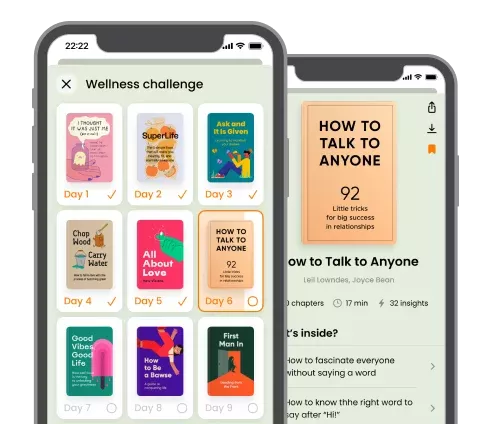12 Best Statistics Books
Looking for statistics books to enhance your knowledge? Browse our extensive collection of informative and engaging titles for all levels.
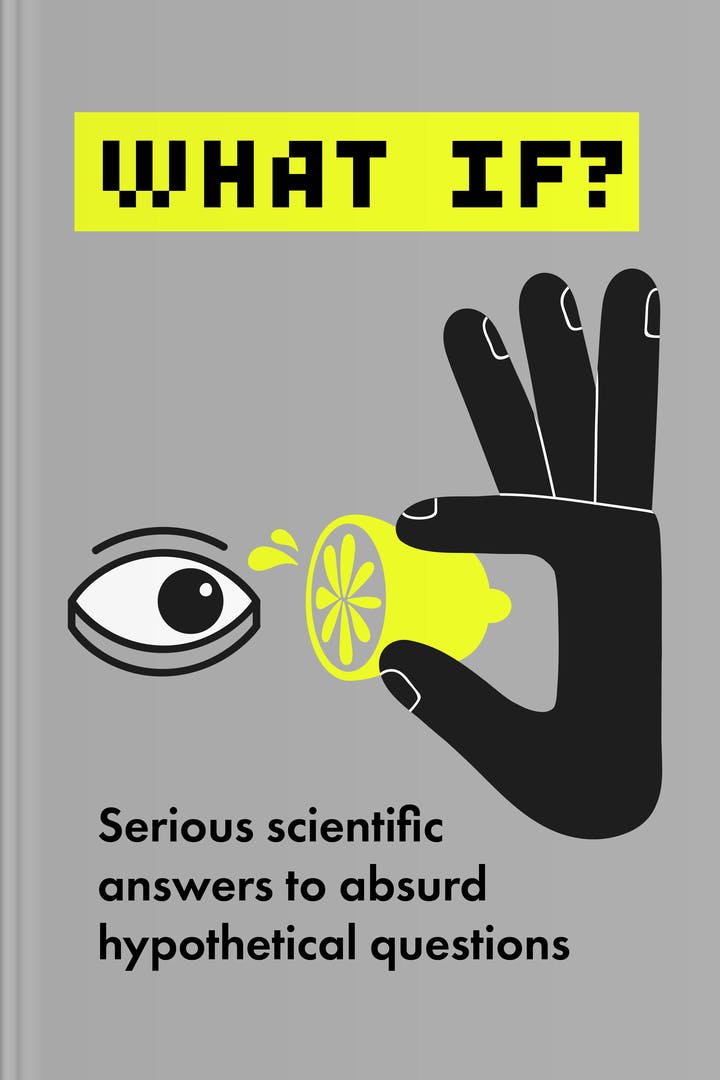 1
1What If? Serious Scientific Answers to Absurd Hypothetical Questions
by Randall Munroe
What is What If? Serious Scientific Answers to Absurd Hypothetical Questions about?
In this thought-provoking and entertaining book, the author, known for his webcomic, xkcd, tackles absurd hypothetical questions with serious scientific answers. From exploring the consequences of throwing a baseball at near-light speed to pondering the effects of a robot uprising, Munroe's witty and informative explanations delve into the realms of physics, biology, and engineering. With a blend of humor and scientific rigor, this book offers fascinating insights into the bizarre and imaginative world of hypothetical scenarios.
Who should read What If? Serious Scientific Answers to Absurd Hypothetical Questions
Science enthusiasts seeking entertaining and thought-provoking hypothetical scenarios.
Curious minds eager to explore the intersection of science and imagination.
Fans of Randall Munroe's witty and informative webcomic
xkcd.
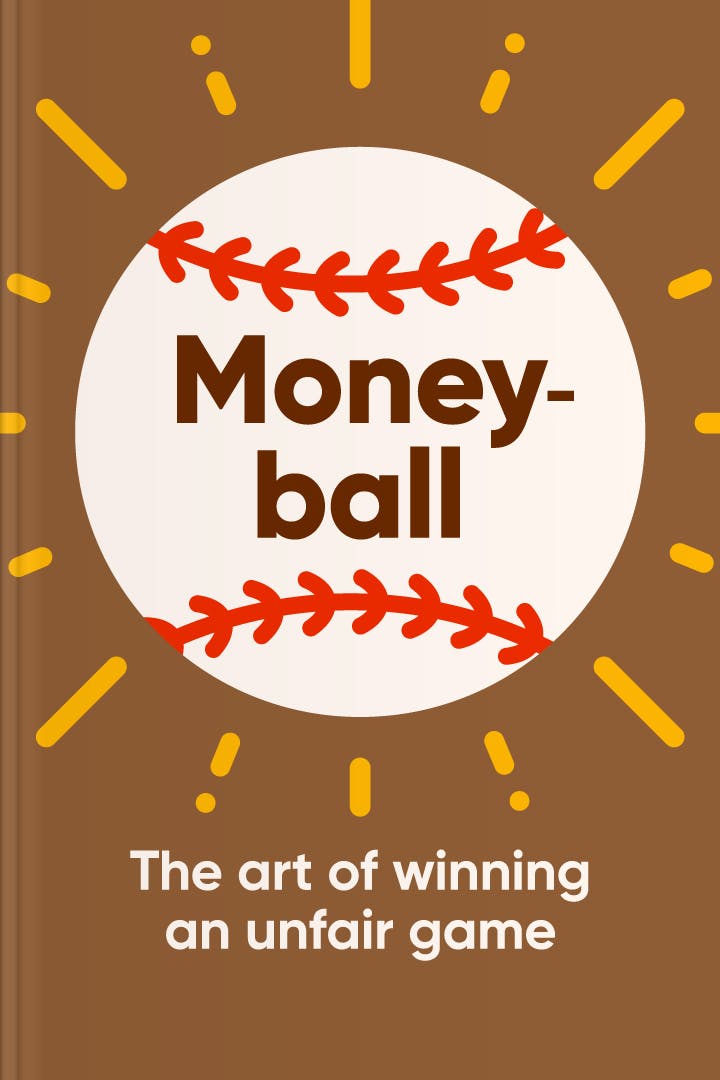 2
2Moneyball — The Art of Winning an Unfair Game
by Michael Lewis
What is Moneyball — The Art of Winning an Unfair Game about?
In this captivating non-fiction book, Michael Lewis delves into the world of baseball and exposes the unconventional strategies used by the Oakland Athletics to achieve remarkable success. Through the lens of Billy Beane, the team's general manager, Lewis explores the revolutionary concept of sabermetrics, challenging traditional scouting methods and emphasizing the power of data analysis. "Moneyball" is a thought-provoking exploration of how innovation and statistical analysis can disrupt and reshape an industry.
Who should read Moneyball — The Art of Winning an Unfair Game
Baseball enthusiasts seeking insights into the game's unconventional strategies.
Business professionals interested in applying data-driven decision-making techniques.
Sports fans curious about the behind-the-scenes workings of a successful team.
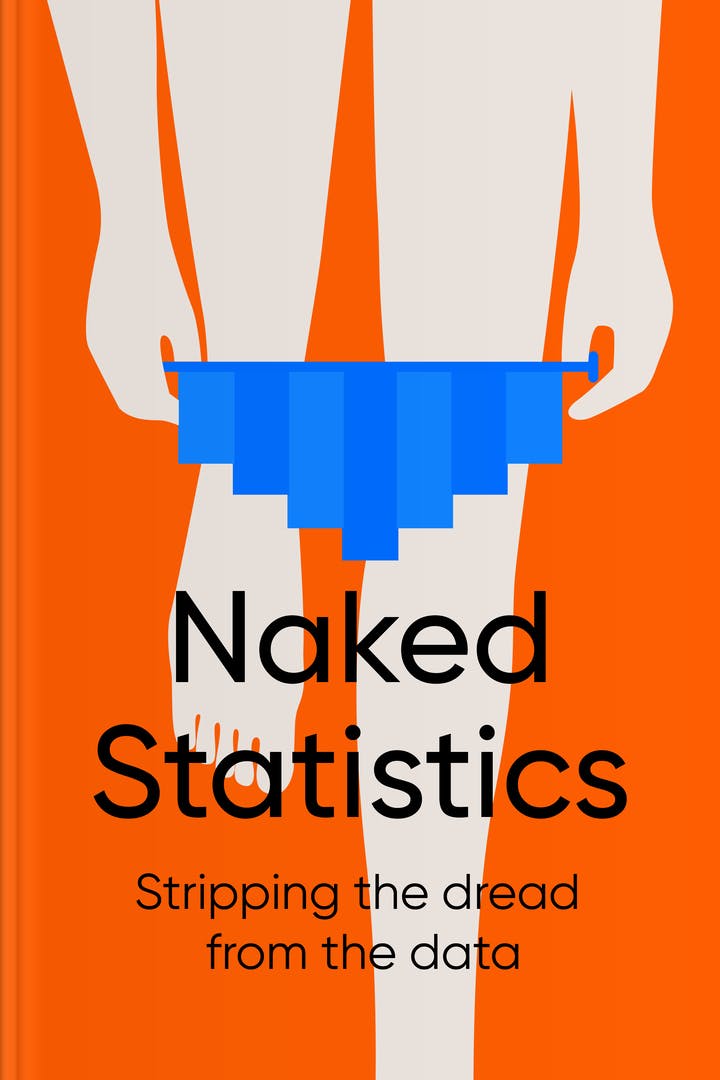 3
3Naked Statistics
by Charles Wheelan
What is Naked Statistics about?
In this engaging and accessible book, the author takes readers on a journey through the world of statistics, demystifying the subject and making it relatable to everyday life. With humor and real-world examples, Wheelan explores the power and pitfalls of data analysis, teaching readers how to interpret and critically evaluate statistics. Whether you're a math enthusiast or someone who fears numbers, this book will equip you with the tools to navigate the world of data with confidence.
Who should read Naked Statistics
Students and professionals seeking a comprehensive introduction to statistics.
Individuals looking to understand the practical applications of statistical concepts.
Anyone interested in demystifying data analysis and making informed decisions.
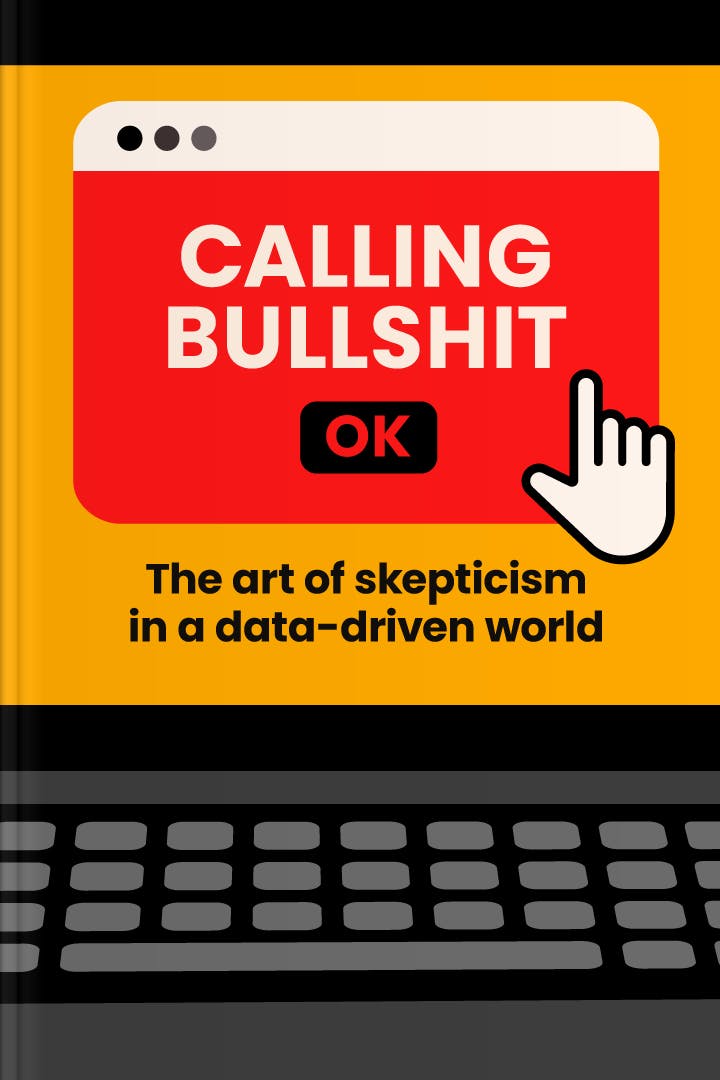 4
4Calling Bullshit
by Carl T. Bergstrom & Jevin D. West
What is Calling Bullshit about?
"Calling Bullshit: The Art of Skepticism in a Data-Driven World" is a thought-provoking book that equips readers with the tools to navigate the overwhelming amount of misinformation in today's data-driven society. Written by two renowned experts, the book explores the art of skepticism, teaching readers how to critically analyze and debunk misleading claims, false statistics, and deceptive arguments. With practical examples and insightful guidance, this book empowers individuals to become more discerning consumers of information.
Who should read Calling Bullshit
Students and educators seeking to develop critical thinking skills.
Professionals working with data who want to detect misinformation.
General readers interested in understanding and navigating a data-driven world.
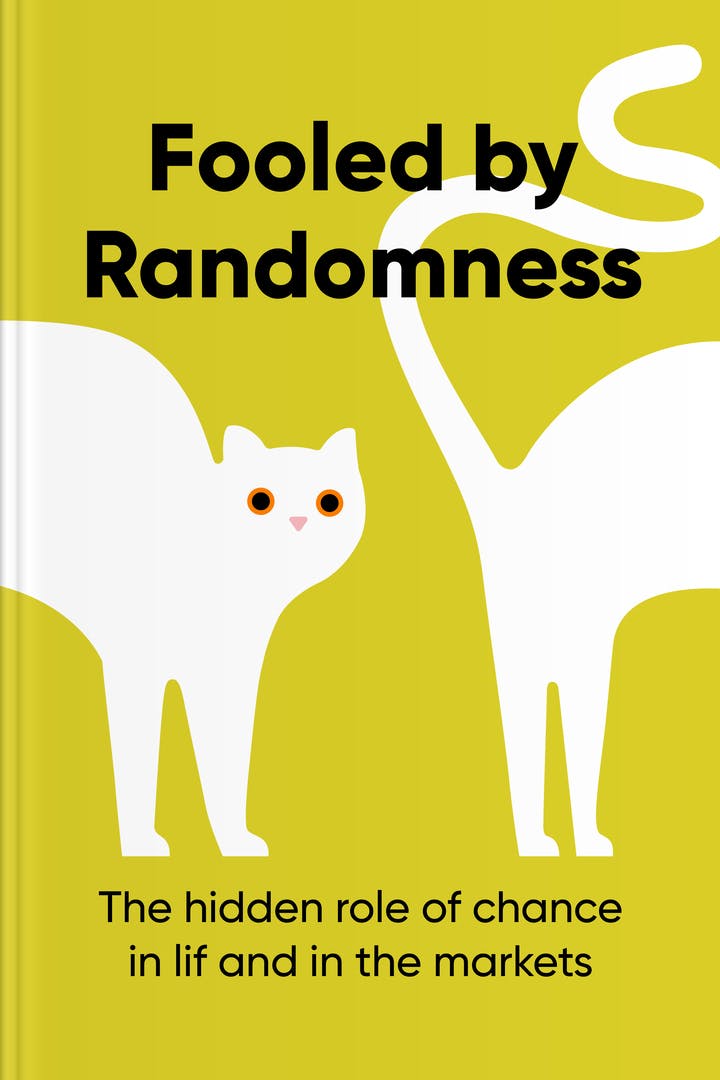 5
5Fooled by Randomness
by Nassim Nicholas Taleb
What is Fooled by Randomness about?
In this thought-provoking book, the author explores the often overlooked influence of randomness in our lives and financial markets. Nassim Nicholas Taleb challenges our tendency to attribute success solely to skill and failure to incompetence, highlighting the hidden role of chance. With captivating anecdotes and insightful analysis, he urges readers to embrace uncertainty and develop a deeper understanding of the unpredictable forces that shape our world.
Who should read Fooled by Randomness
Investors and traders seeking to understand the impact of randomness.
Individuals interested in exploring the hidden influence of chance.
Anyone looking to gain insights into life's unpredictable nature.
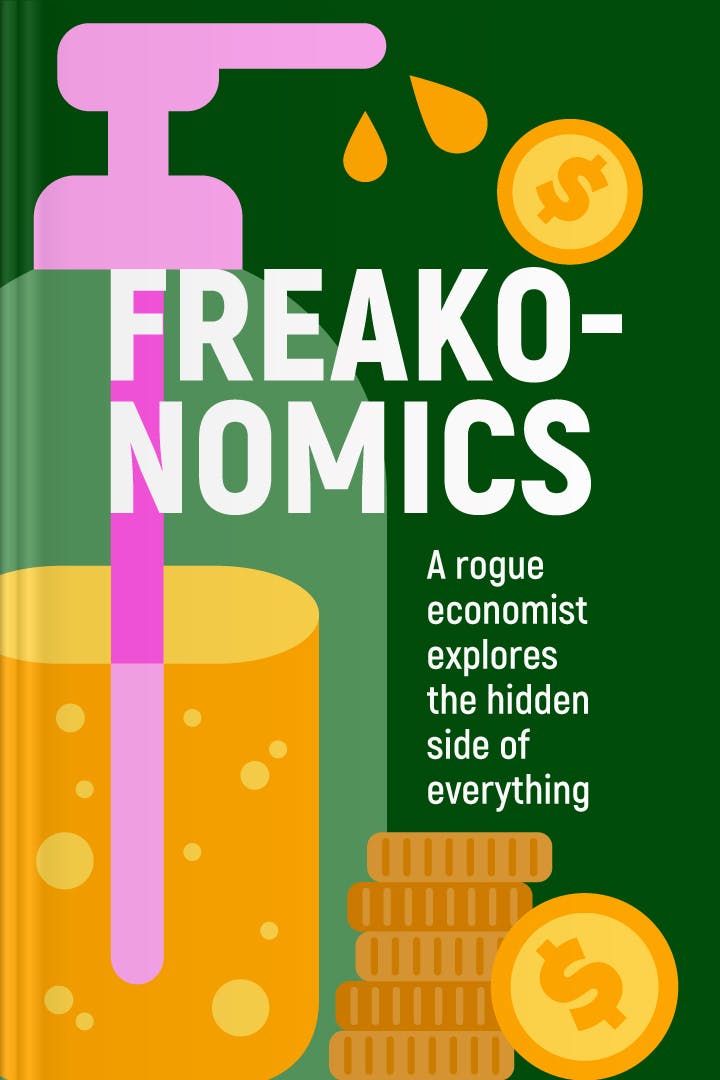 6
6Freakonomics
by Steven D. Levitt, Stephen J. Dubner
What is Freakonomics about?
In this thought-provoking book, an unconventional economist delves into the unexpected connections between seemingly unrelated phenomena. Levitt and Dubner explore the hidden side of various aspects of life, from crime rates and parenting techniques to the impact of names on success. With their unique blend of economics and storytelling, they challenge conventional wisdom and shed light on the surprising forces that shape our world. Prepare to have your assumptions challenged and your perspective on everyday life transformed.
Who should read Freakonomics
Economics enthusiasts seeking unconventional insights into everyday phenomena.
Curious individuals interested in understanding the hidden forces shaping society.
Anyone looking for a thought-provoking exploration of the unexpected connections in life.
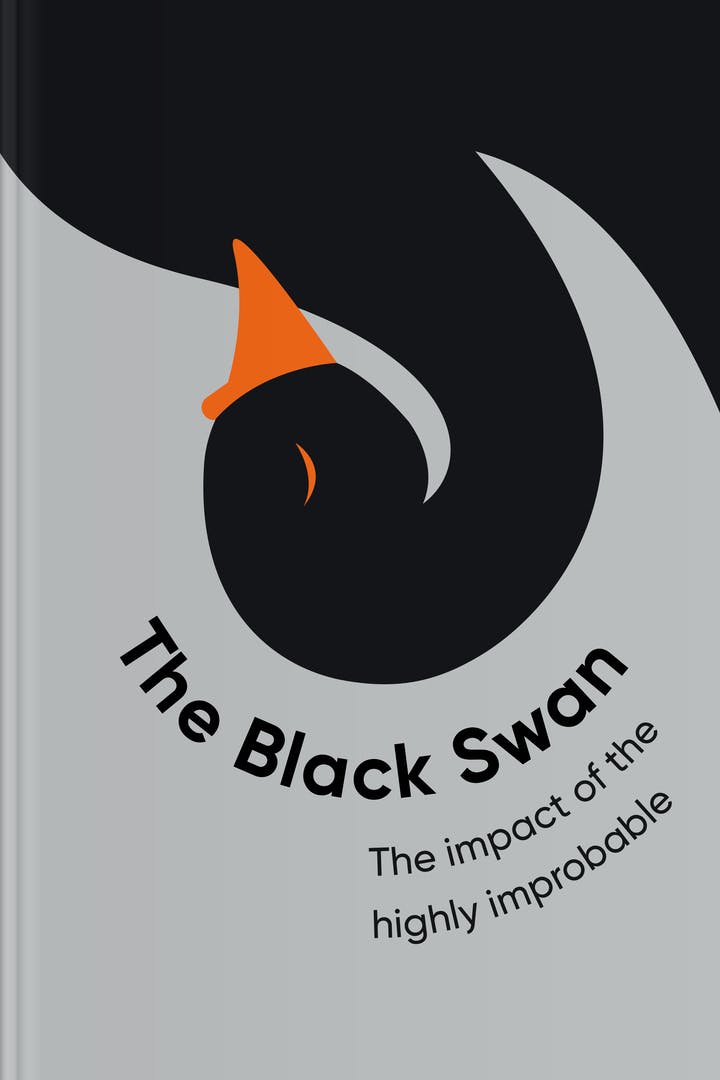 7
7The Black Swan
by Nassim Nicholas Taleb
What is The Black Swan about?
"The Black Swan" explores the profound impact of unpredictable and rare events on our lives, economies, and societies. Nassim Nicholas Taleb delves into the concept of black swans, which are unforeseen events with extreme consequences. Through captivating anecdotes and thought-provoking analysis, Taleb challenges our reliance on traditional forecasting methods and highlights the need for a more robust understanding of uncertainty. This book serves as a wake-up call, urging readers to embrace uncertainty and adapt to a world filled with unpredictable events.
Who should read The Black Swan
Investors and financial professionals seeking insights into unpredictable events.
Risk managers and decision-makers interested in understanding rare occurrences.
Individuals curious about the impact of unpredictable events on society.
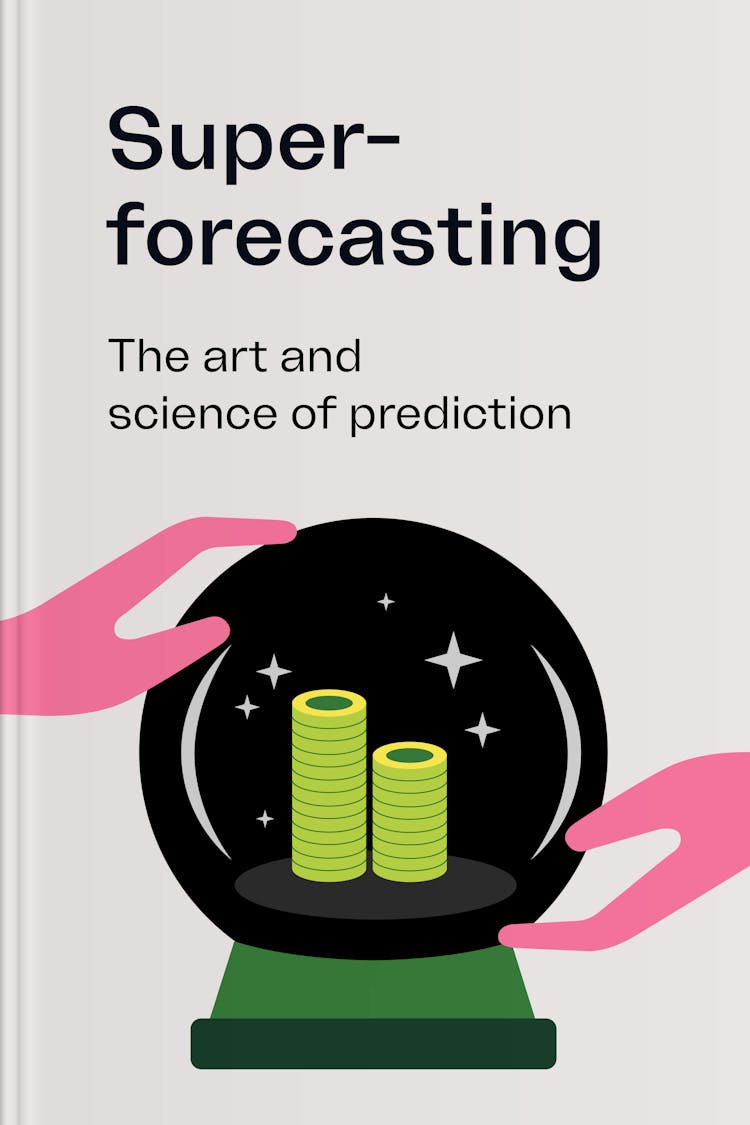 8
8Superforecasting
by Philip E. Tetlock Ph.D., Dan Gardner
What is Superforecasting about?
"Superforecasting: The Art and Science of Prediction" explores the fascinating world of forecasting and the individuals who excel at it. Written by Philip E. Tetlock Ph.D. and Dan Gardner, this book delves into the techniques and mindset of superforecasters, individuals who consistently make accurate predictions. Through engaging stories and scientific research, the authors reveal the secrets behind their success, offering valuable insights into improving our own forecasting abilities.
Who should read Superforecasting
Aspiring forecasters seeking to improve their prediction skills.
Researchers interested in the science behind accurate forecasting.
Decision-makers looking to make better informed choices based on predictions.
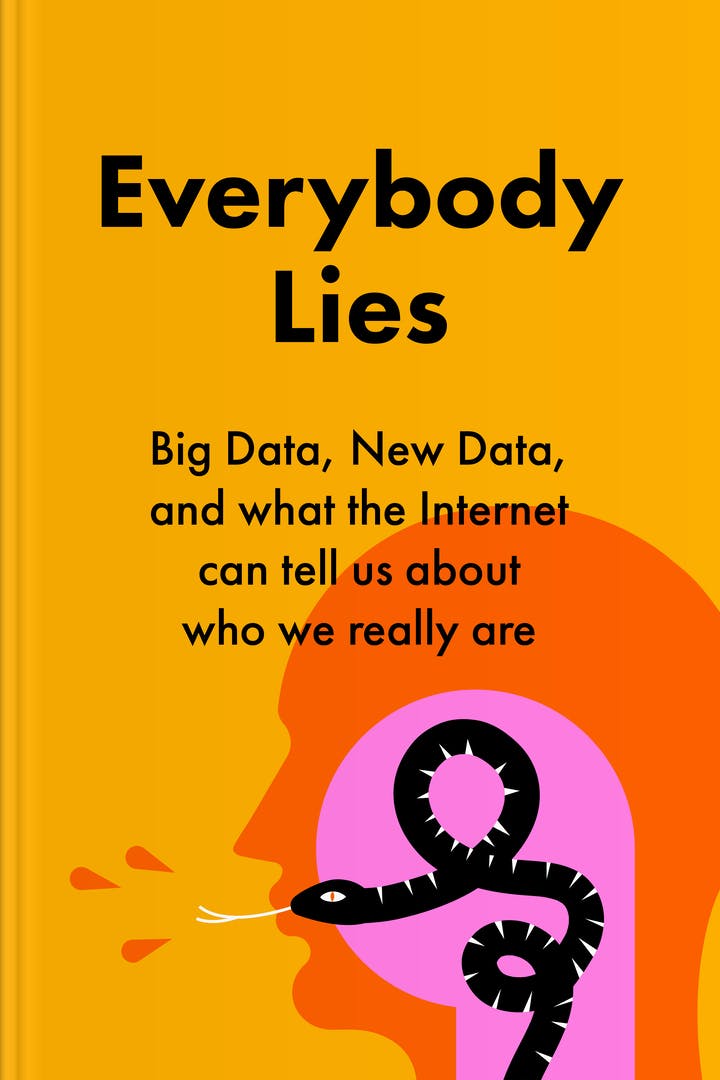 9
9Everybody Lies
by Seth Stephens-Davidowitz
What is Everybody Lies about?
In this thought-provoking book, the author explores the hidden truths about human behavior that can be uncovered through analyzing big data from the internet. By delving into the vast amount of information people share online, Stephens-Davidowitz reveals surprising insights into our deepest desires, fears, and prejudices. From uncovering the real reasons behind our Google searches to exposing societal biases, this book offers a fascinating glimpse into the true nature of humanity as revealed by the internet.
Who should read Everybody Lies
Data enthusiasts and researchers interested in uncovering hidden truths about human behavior through big data analysis.
Psychologists and sociologists seeking to gain insights into human nature and societal trends using internet data.
Individuals curious about the untold stories and secrets revealed by analyzing internet search data.
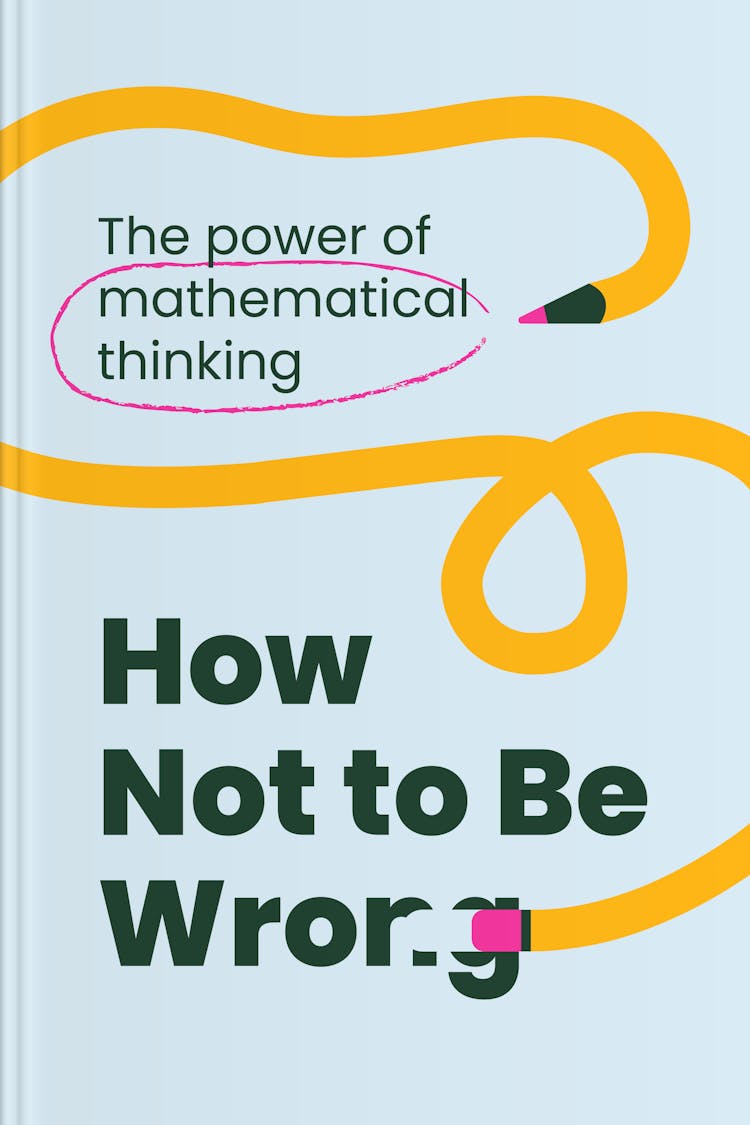 10
10How Not to Be Wrong
by Jordan Ellenberg
What is How Not to Be Wrong about?
In this captivating book, the author explores the fascinating world of mathematics and its practical applications in everyday life. Through engaging anecdotes and thought-provoking examples, he reveals how mathematical thinking can help us make better decisions, solve complex problems, and avoid common pitfalls. With wit and clarity, the author demonstrates the power of mathematical reasoning, showing readers how to think critically and navigate the world with a sharper, more logical perspective.
Who should read How Not to Be Wrong
Students and educators seeking to enhance their mathematical reasoning skills.
Professionals in fields like finance
engineering
or data analysis.
Anyone interested in understanding the practical applications of mathematics.
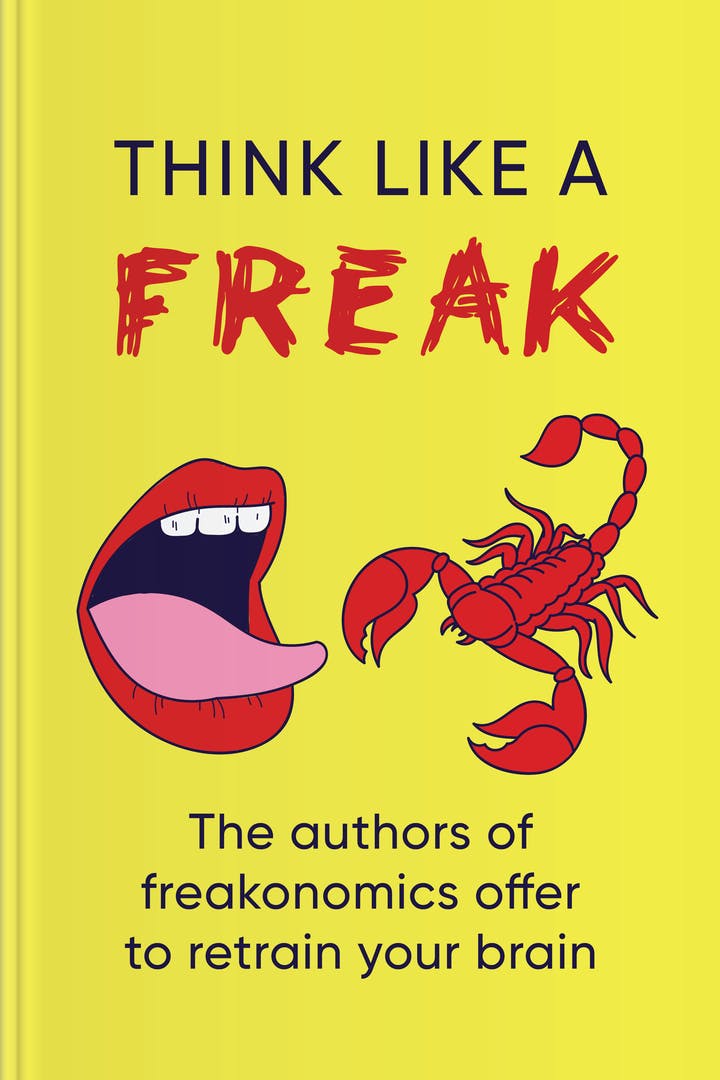 11
11Think Like a Freak
by Steven D. Levitt, Stephen J. Dubner
What is Think Like a Freak about?
"Think Like a Freak" is a thought-provoking book that challenges conventional wisdom and encourages readers to approach problems with a fresh perspective. Written by the authors of Freakonomics, Steven D. Levitt and Stephen J. Dubner, this book offers practical advice on how to retrain your brain to think creatively, solve complex issues, and make better decisions. With engaging anecdotes and real-life examples, it provides a fascinating exploration of the power of unconventional thinking.
Who should read Think Like a Freak
Individuals seeking unconventional approaches to problem-solving and decision-making.
Business professionals looking to enhance their critical thinking skills.
Fans of the Freakonomics series eager to explore new perspectives.
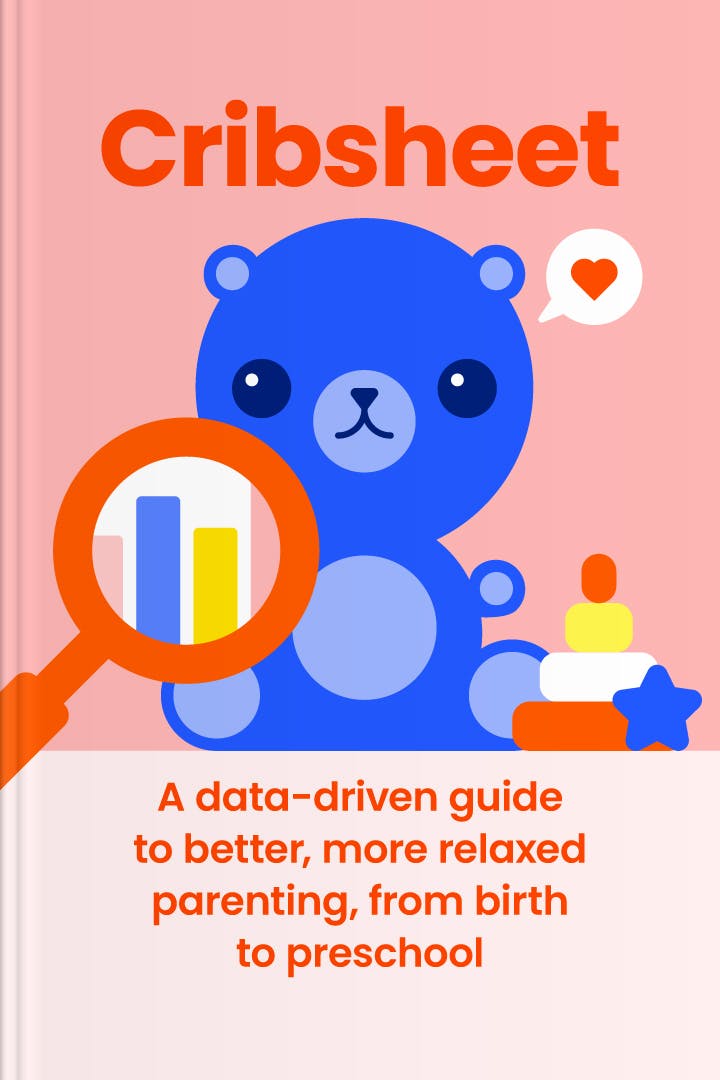 12
12Cribsheet
by Emily Oster, Ph.D.
What is Cribsheet about?
In this insightful guide, a renowned economist and mother, Emily Oster, presents a data-driven approach to parenting from birth to preschool. Using evidence-based research, Oster tackles common parenting dilemmas, such as breastfeeding, sleep training, and screen time, providing parents with practical advice and debunking popular myths. With a focus on empowering parents to make informed decisions, "Cribsheet" offers a refreshing perspective on raising children, promoting a more relaxed and confident parenting experience.
Who should read Cribsheet
Expectant parents seeking evidence-based advice for a smoother parenting journey.
New parents looking for data-driven insights to navigate early childhood.
Researchers and professionals interested in evidence-based parenting practices.
